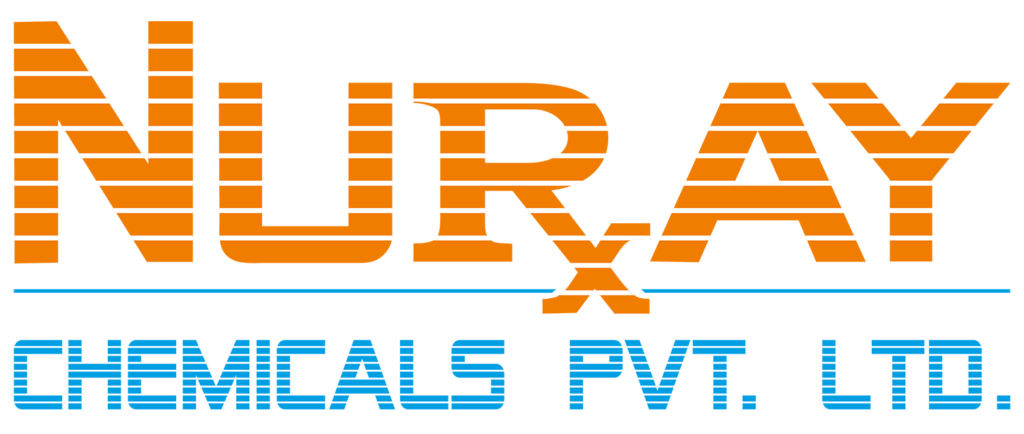Trientine Hydrochloride
Triethylenetetramine is a copper chelating agent used for the management of Wilson’s disease in cases where penicillamine therapy is clinically inappropriate.
Triethylenetatramine (TETA) is a highly selective divalent Cu(II) chelator and orphan drug that revereses copper overload in tissues. Its salt form, trientine (triethylenetetramine dihydrochloride or 2,2,2-tetramine) was introduced in 1969 as an alternative to D-penicillamine. It consists of a polyamine-like structure different from D-penicillamine, as it lack sulfhydryl groups. It was previously approved by FDA in 1985 as second-line pharmacotherapy for Wilson’s disease. Although penicillamine treatment is believed to be more extensive, TETA therapy has been shown to be an effective initial therapy, even with patients with decompensated liver disease at the outset, and prolonged TETA treatment is not associated with adverse effects as expected in penicillamine treatment. Its clinical applications on cancer, diabetes mellitus, Alzheimer’s disease and vascular demetia are being studied.
Systematic name
(2-aminoethyl)({2-[(2-aminoethyl)amino]ethyl})amine
Therapeutic category
Wilson's disease
Available formulations
Solid

